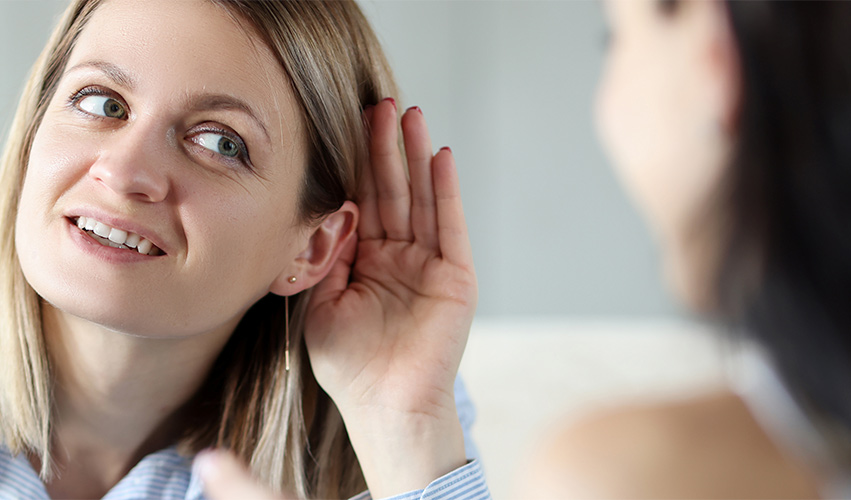
Noise pollution How does it affect us?
For the most part, we are used to hearing that air pollution is very bad for our health.
That's true, butnoise pollution is also very bad for our health and we don't usually worry too much about it. But noise pollution is more worrying than it seems.
It could cause more than 16,000 premature deaths in Europe and lead to many more hospitalisations, according to the World Health Organisation. (WHO)
For this reason, it should be something we care a lot about, so we should show more interest in it.
What is noise pollution?
Not all sounds should be considered noise pollution, given the data provided by the World Health Organisation. (WHO)
Noise pollution should only be considered when sound exceeds the 65 decibel quota. Although noise does not start to be harmful to humans until it exceeds 75 decibels, this is true. Above 120 dB is considered a painful injury.

The WHO does not recommend exceeding 30 dB at night. Even if that limit is 65 dB during the day. If the noise is louder, you will not be able to rest, which can seriously damage your health.
What are the main causes of noise pollution?
There are many reasons, for example, why noise pollution can be a reality. Pollution is more present in cities than in towns, but it can also be seen in villages.
- Traffic: This is one of the main causes of urban noise. One of the biggest sources of pollution is the horn. The sound of a car produces 90 decibels, while the sound of a bus reaches 100 decibels. It can therefore be annoying when they are sounded close to us.
- Work: When working with heavy machinery, the noise can be loud. To give you an idea, a jackhammer can produce a noise level of 110 decibels.
- Air traffic: Although there are fewer planes than cars, they are quite noisy. In this case, it can produce up to 130 dB of sound when flying very low.
Other causes
- Catering: In many measurements they can exceed 110 dB, hence they are also considered as noise pollution, we are talking about the noise caused when people stay on the terraces. Of course, discotheques make even more noise.
- Animals: In the case of a barking dog, they can also contribute to noise pollution. In this case the noise can reach up to 80 dB.
Consequences of noise pollution
One of the worst consequences is hearing loss, for example. According to the WHO, many people suffer and will suffer from hearing loss in the medium and long term as a result.
One example is in Badalona, where the hearing experts at www.audifono.es tell us that the number of people who have to wear hearing aids in this city has grown significantly in recent years. This problem has grown strongly in recent years due to noise pollution.
That is why it is so important to take care of your hearing so that you do not suffer from problems that can last a lifetime.
It takes at least 16 hours of rest to recover from an exposure of 100 dB for two hours. For this reason, the less exposure, the better.
Solutions to noise pollution
As a result of all this noise pollution, according to Alfonso Sánchez, head audiologist at Centros Auditivos Sontec, visits to his hearing centres have increased and therefore, he advises that early detection and intervention are key to improve the quality of life of people to prevent hearing loss. article previous article, and of course the centre offers a free in-depth hearing evaluation.
Further information

The independent hearing health clinics in Fuengirola and La Cala de Mijas treat all hearing related problems with professional, personalised attention and state-of-the-art technology. They also offer an excellent after-sales service for the service and maintenance of hearing aids.
Sontec Hearing Centres experts in hearing health.
For more information:
Sontec La Cala de Mijas
Plaza del Bulevar, 26 B, 29649 Mijas | +34 952-467-675
Sontec Fuengirola
Calle Hermanos Pinzón 4, Edificio Florida II, Local 9ºA, 29640 Fuengirola | +34 952 667 402
info@sontec.es | https://sontec.es
Related articles
Follow us at
Subscribe
Leave us your email and we will send you the latest posts from our BLOG on hearing and hearing health.




